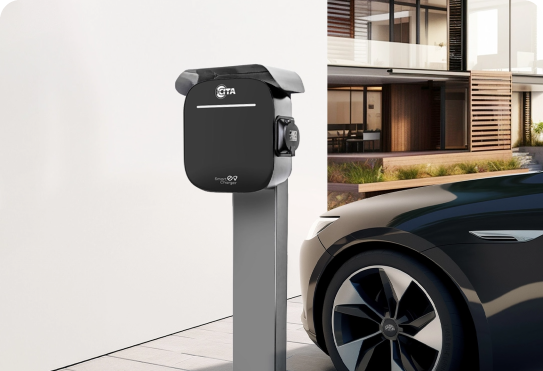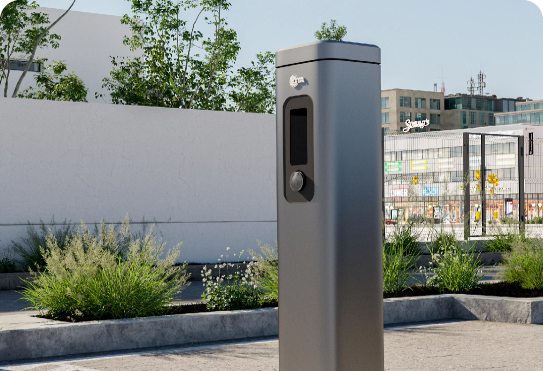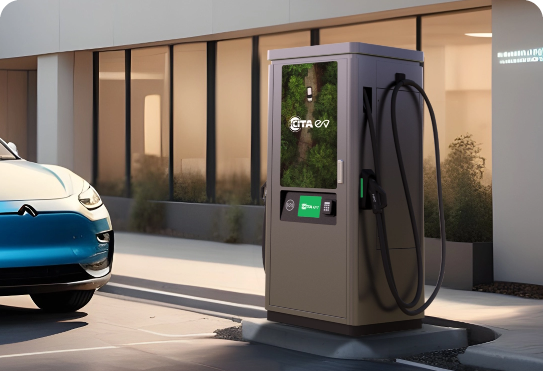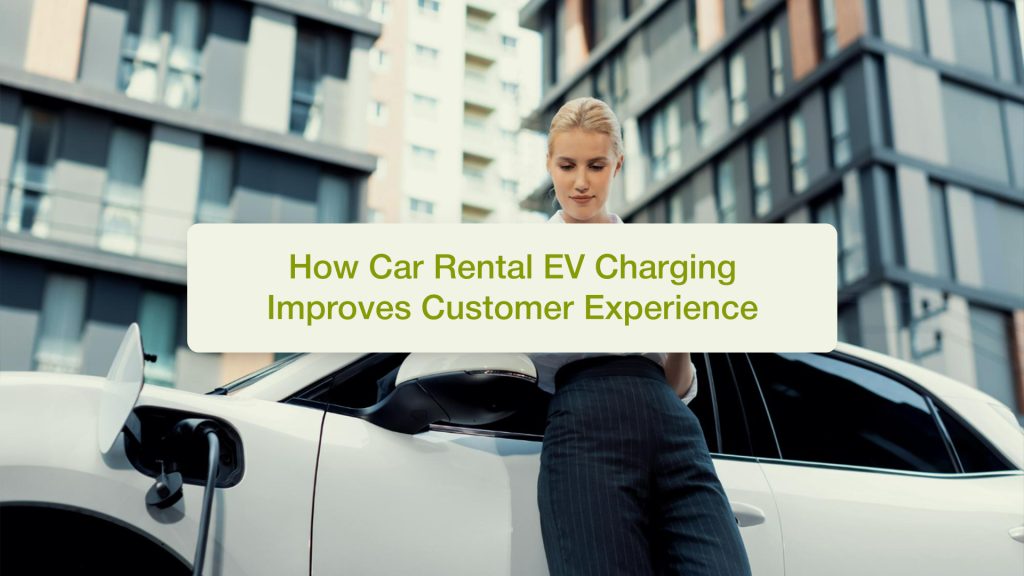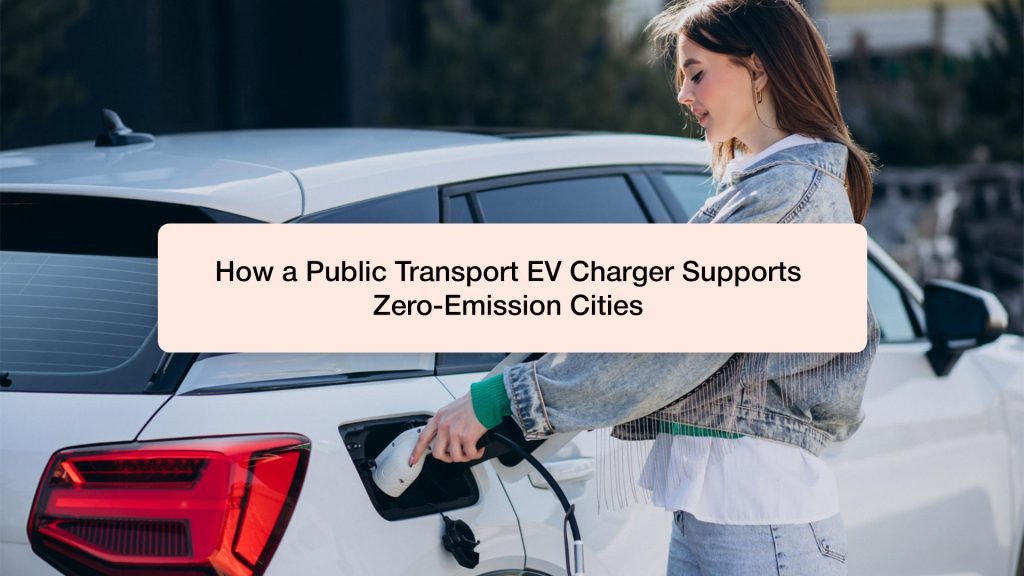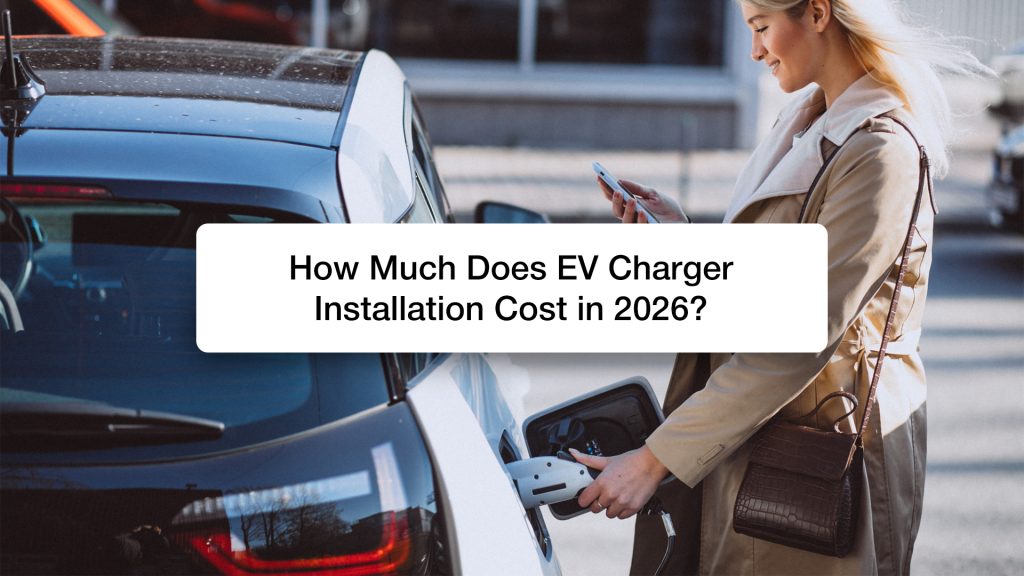Ever been on a road trip and wondered what would happen if your electric car ran out of charge on the road? With the rise of electric vehicles, this scenario is becoming increasingly relevant for many drivers.
In this comprehensive guide, we’ll explore the ins and outs of what happens when an electric car’s battery depletes and how you can avoid such situations.
What Happens When Electric Car Batteries Run Out of Charge?
Unlike a conventional vehicle that can sputter along on fumes, an electric car will come to a complete stop once the battery is depleted. The dashboard will typically give you ample warnings as the charge level drops, allowing you to find a nearby charging station.
How Many Miles Does an Electric Car Last?
One of the first questions new EV owners often ask is, “How many miles does an electric car last?”
The answer varies depending on the make and model of the vehicle. Most modern electric cars offer a range between 150 to 370 miles on a full charge. Factors like driving habits, terrain, and weather conditions can influence the actual distance covered. Knowing your vehicle’s range is crucial for planning longer trips and avoiding battery depletion.
Can You Tow an Electric Car?
A common concern is whether you can tow an electric car if it runs out of charge.
The answer is yes but with caution.
Towing an electric vehicle requires special care because improper towing can damage the car’s electric drivetrain. Always refer to the manufacturer’s guidelines for towing. Flatbed towing is generally recommended to avoid any potential damage.
What to Do If Your Electric Car Battery Dies
If your electric car battery dies, don’t panic. Here are steps you can take to manage the situation:
- Stay Calm and Safe: Turn on your hazard lights and pull over to a safe location if possible.
- Call for Assistance: Contact roadside assistance services that specialize in electric vehicles. Many EV manufacturers offer support services specifically for such situations.
- Find the Nearest Charging Station: Use your vehicle’s navigation system or a mobile app to locate the nearest charging station.
- Consider a Mobile Charger: Some services provide mobile charging units that can give your car enough juice to reach the nearest charging point.
What Takes Place When a Battery in an Electric Vehicle Runs Low?
When the battery in an electric vehicle runs low, a series of notifications and warnings will alert the driver. Most electric cars are equipped with an energy management system that optimises power usage and extends the remaining range.
This system might reduce the performance of certain non-essential features, such as air conditioning or acceleration, to conserve battery life.
Actions To Take If Your Vehicle Battery Runs Low
If you notice your vehicle battery running low, take the following actions:
- Reduce Energy Consumption: Turn off non-essential electrical components like the stereo and air conditioning.
- Drive Efficiently: Reduce your speed and avoid rapid acceleration to conserve battery power.
- Seek Immediate Charging: Plan your route to include a nearby charging station and avoid further depleting the battery.
How to Prevent Running Out of Battery
Prevention is always better than cure. Here’s how you can prevent running out of battery:
- Regular Charging: Make it a habit to charge your electric car regularly, especially if you have a long commute.
- Monitor Battery Levels: Keep an eye on your battery levels and plan your trips accordingly.
- Use Charging Stations: Familiarise yourself with the locations of charging stations along your route.
- Invest in Home Charging Solutions: Having a home charger can ensure your vehicle is always ready for the next trip.
If you’re considering installing an EV charger at home, CITA offers a range of solutions to meet your needs.
Our experienced team can guide you through the process and ensure a seamless installation experience.
Contact us today to learn more.




